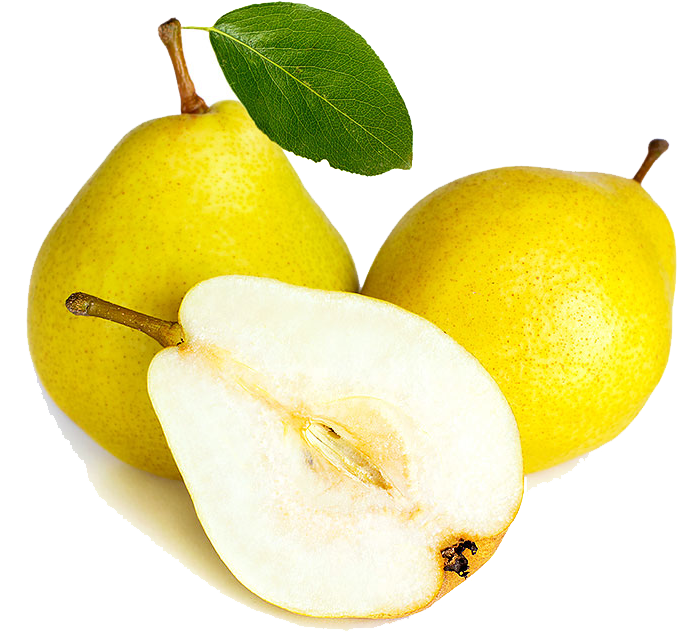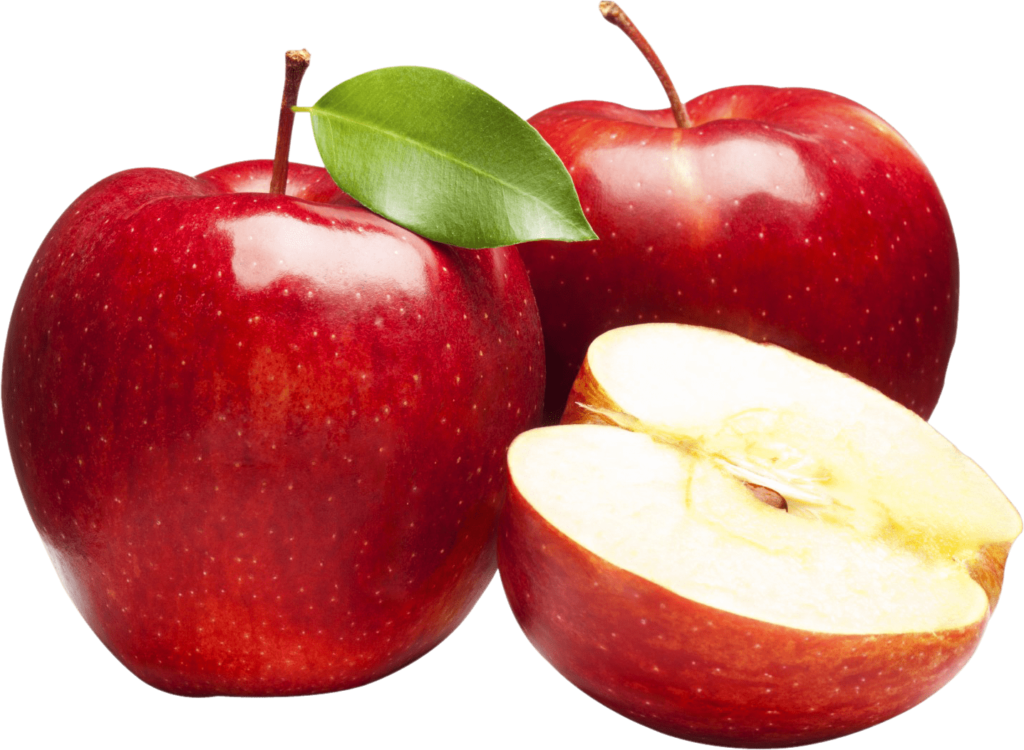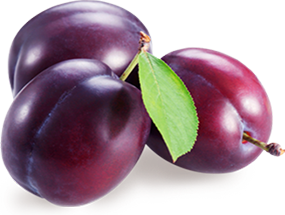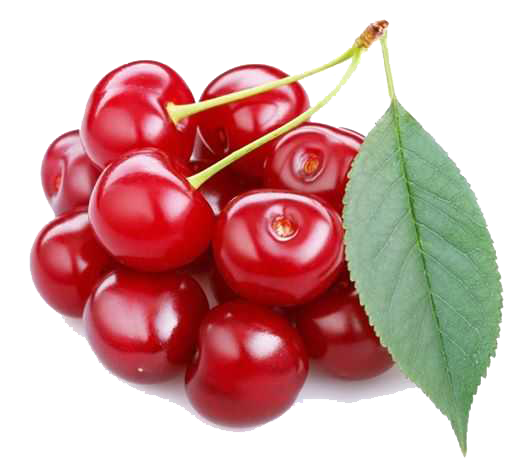Our Fruits
from the ground!
Chemical-Free
Fresh & Healthy
100% Organic

01.
Pears
Pears are plants from the Rosacea family, fruits used for food. They grow in different parts of Europe, Asia, and Africa. As elements of low-calorie content, they are good fruits for losing weight. In addition, pears contain the vitamins E and B6, which we need.
- Nutritional values of pears per 100 g:
- Vitamin C – 4.3 mg
- Vitamin K – 4.4 mcg
- Vitamin E – 0.12 mg
- Magnesium – 0.048 mg
- Potassium – 116.00 mg
- Iron – 0.18 mg
- Calcium – 9.00 mg
- Water – 83.86 g
- Folate – 7.00 mcg

02.
Apples
Apples are popular fruits containing antioxidants, vitamins, dietary fiber, and a variety of other nutrients. Because of their varied nutritional content, they can help prevent certain health conditions. Apples come in a variety of shapes, colors, and flavors and provide a range of nutrients that can benefit many different aspects of a person’s health.
For example, they can help reduce the risk of cancer, obesity, heart disease, diabetes, and several other conditions.
- Nutritional values of apples per 100 g:
- Vitamin C – 4.6 mg
- Vitamin E – 0.18 mg
- Vitamin B6 – 0.041 mg
- Magnesium – 0.035 mg
- Iron – 0.12 mg
- Calcium – 6.00 mg
- Water – 85.56 g

03.
Plums
Plums are extremely nutritious, with a variety of health benefits to offer. They contain many vitamins and minerals, in addition to fiber and antioxidants that may help reduce your risk of chronic diseases.
The vitamin and mineral content of plums and prunes varies slightly, but both are packed with nutrients. In addition, prunes contain more calories, fiber, and carbon than fresh plums. Plums or prunes are known to improve several health conditions, including constipation and osteoporosis.
- Nutritional values of plums per 100 g:
- Vitamin C – 9.5 mg
- Vitamin E – 0.26 mg
- Vitamin B6 – 0.029 mg
- Magnesium – 0.052 mg
- Iron – 0.17 mg
- Calcium – 6.00 mg
- Water – 87.23 g

04.
Cherries
Cherries have an Asian origin, while they spread to Europe around the second century and belong to the Prunus family. In the Far East, especially in Japan, the cherry tree is very widespread and its flowering period is one of the most beautiful of the year. Many tourists come from all over the world to see “hanami”, which translates into English as “viewing flowers”. Cherries ripen and are available in the markets in May-July.
Cherries are very rich in vitamins, especially vitamin C, which has 16% of the recommended daily value. Cherries also contain vitamin A, calcium, protein, and iron.
Cherries are one of the richest food anti-oxidants that can prevent some chronic diseases.
- Nutritional values of cherries per 100 g:
- Vitamin C – 10 mg
- Vitamin E – 0.07 mg
- Vitamin B6 – 0.044 mg
- Magnesium – 0.112 mg
- Iron – 0.32 mg
- Calcium – 16.00 mg
- Water – 86.13 g
facts
Fruits are not only delicious, but they are also very healthy too!
They are excellent for children since they contain dietary fiber that helps the body absorb minerals from food; vitamins that are great to boost their immune systems; and also provide some of the nutrients needed so children can have a healthier development.

